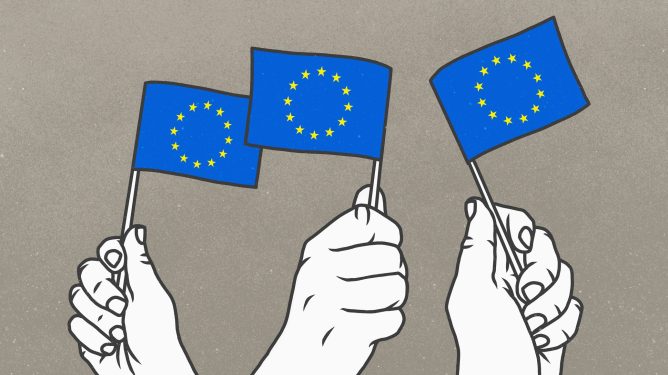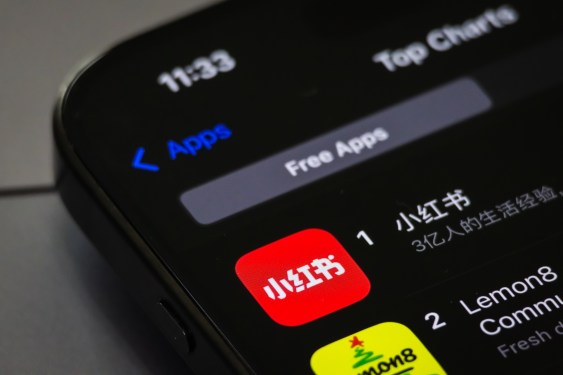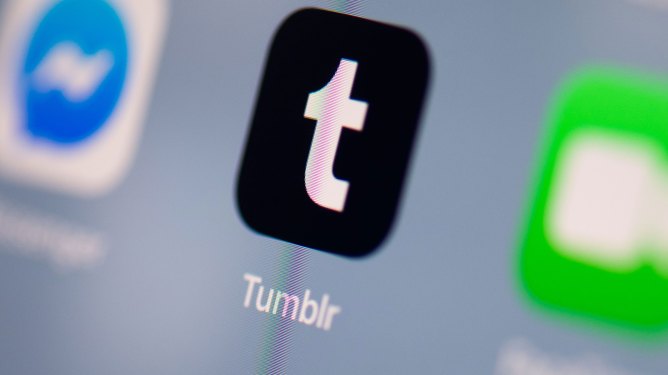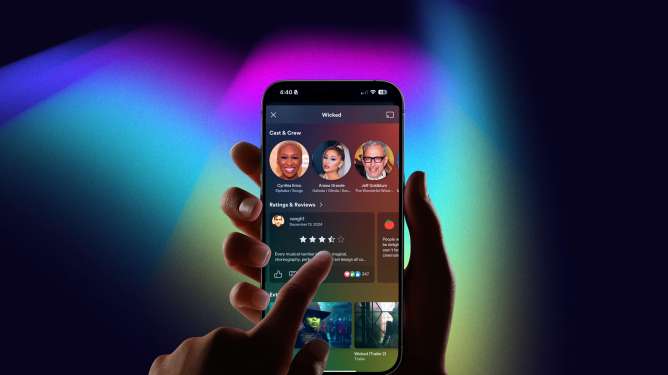Apple’s App Store continues to outpace Google Play on revenue. In the first half of the year, the App Store generated nearly double the revenue of Google Play on half the downloads, according to a new report from Sensor Tower out today. In terms of dollars and cents, that’s $22.6 billion in worldwide gross app revenue on the App Store versus $11.8 billion for Google Play – or, 1.9 times more spent on the App Store compared with what was spent on Google Play.

This trend is not new. Apple’s iOS store has consistently generated more revenue than its Android counterpart for years due to a number of factors – including the fact that Android users historically have spent less on apps than iOS users, as well as the fact that there are other Android app stores consumer can shop – like the Amazon Appstore or Samsung Store, for example. In addition, Google Play is not available in China, but Apple’s App Store is.
Last year, consumer spending on the App Store reached $38.5 billion, again nearly double that of Google Play’s $20.1 billion.
As the new figures for the first half of 2018 indicate, consumer spending is up this year.
Sensor Tower estimates it has increased by 26.8 percent on iOS compared with the same period in 2017, and it’s up by 29.7 percent on Google Play.
The growth in spending can be partly attributed to subscription apps like Netflix, Tencent Video, and even Tinder, as has been previously reported.
Subscription-based apps are big businesses these days, having helped to boost app revenue in 2017 by 77 percent to reach $781 million, according to an earlier study. Netflix was also 2017’s top non-game app by revenue, and recently became ranked as the top (non-game) app of all-time by worldwide consumer spend, according to App Annie’s App Store retrospective.
Many of the other all-time top apps following Netflix were also subscription-based, including Spotify (#2), Pandora (#3), Tencent Video (#4), Tinder (#5), and HBO NOW (#8), for example.
And Netflix is again the top non-game app by consumer spending in the first half of 2018, notes Sensor Tower.

Game spending, however, continues to account for a huge chunk of revenue.
Consumer spending on games grew 19.1 percent in the first half of 2018 to $26.6 billion across both stores, representing roughly 78 percent of the total spent ($16.3 billion on the App Store and $10.3 billion on Google Play). Honor of Kings from Tencent, Monster Strike from Mixi, and Fate/Grand Order from Sony Aniplex were the top grossing games across both stores.

App downloads were also up in the first half of the year, if by a smaller percentage.
Worldwide first-time app installs grew to 51 billion in 1H18, or up 11.3 percent compared with the same time last year, when downloads were then 45.8 billion across the two app stores.
Facebook led the way on this front with WhatsApp, Messenger, Facebook and Instagram as the top four apps across both the App Store and Google Play combined. The most downloaded games were PUBG Mobile from Tencent, Helix Jump from Voodoo, and Subway Surfers from Kiloo.
Google Play app downloads were up a bit more (13.1 percent vs iOS’s 10.6 percent) year-over-year due to Android’s reach in developing markets, reaching 36 billion. That’s around 2.4 times the App Store’s 15 billion.
Despite this, Apple’s platform still earned more than double the revenue with fewer than half the downloads, which is remarkable. And it can’t all be chalked up to China. (The country contributed about 31.7 percent of the App Store revenue last half, or $7.1 billion, to give you an idea.)
Sensor Tower tells TechCrunch that even if China was removed from the picture, the App Store would have generated $15.4 billion gross revenue for first half of 2018, which is still about 30 percent higher than Google Play’s $11.8 billion.
Correction: China accounted about about 31.7% of App Store revenue last half, not quarter as previously stated.







